When Google finalized its purchase of Fitbit a while back, many were excited about the possibility of finally seeing a Google-branded wearable device. Given Fitbit’s expertise in developing fitness-tracking hardware and Google’s dominance in offering software services, it only made sense that we’d finally see new wearable hardware to go head-to-head with smartwatches from companies like Apple and Samsung. There was even word from Fitbit CEO James Park that a Wear OS device was in development between the two companies.
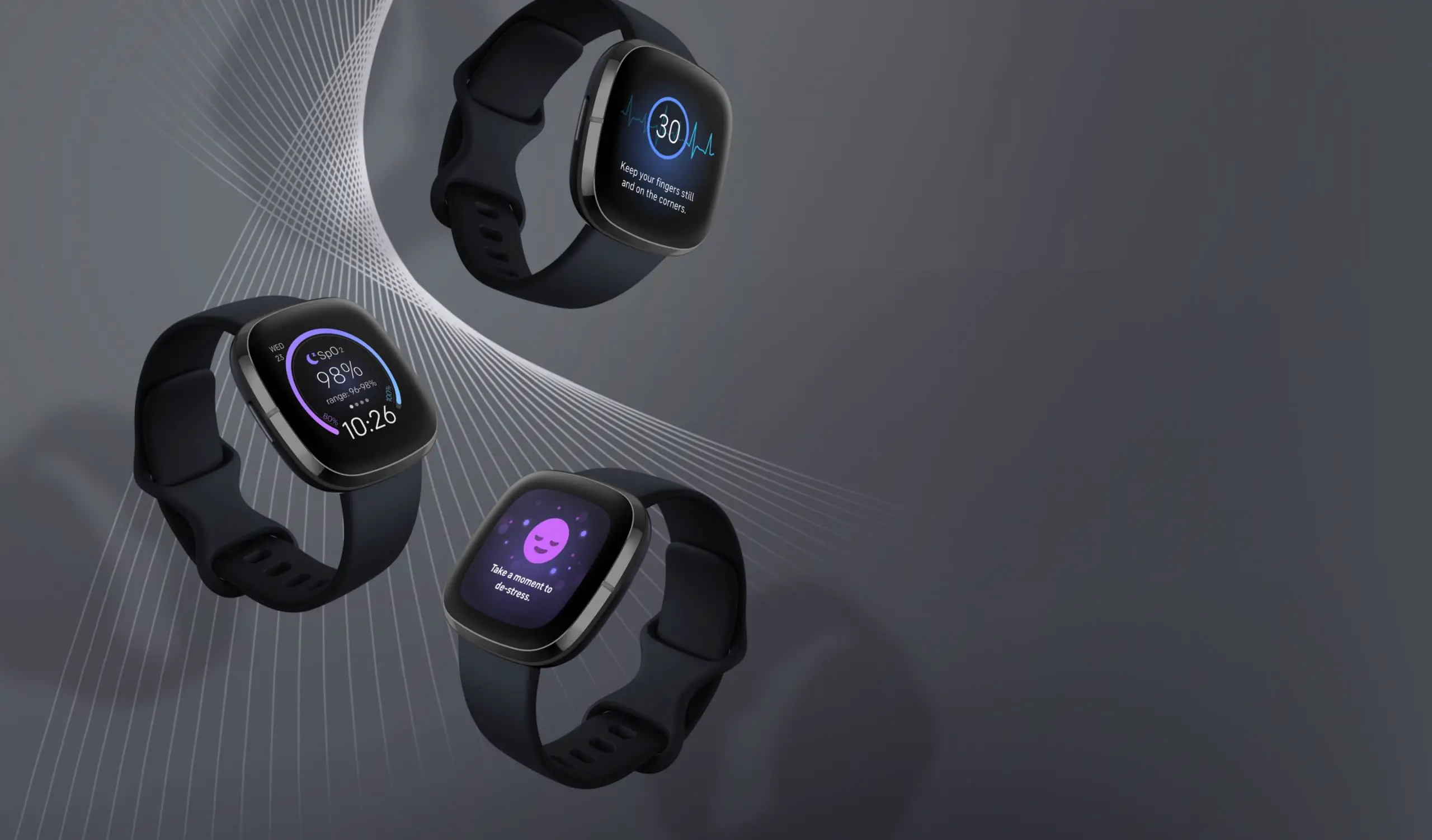
However, recent reports might suggest that it might be a while before we see this come to fruition. An article from 9to5 Google states that while new Fitbit devices are on the horizon, the company might stick to using its custom operating system in its upcoming products, instead of Google’s Wear OS as many had hoped. Currently, Fitbit sells the Versa 3, the current device in its Versa line of devices, and the Fitbit Sense, a similar-looking smartwatch that offers a few more high-end features compared to the Versa products.
The information was found in bits of data from a decompiled APK, courtesy of 9to5 Google. The report mentions a couple of products codenamed as “Hera” and “Rhea,” and both supposedly feature displays with 336×336 resolutions. These are the same display resolutions seen on the Fitbit Versa 3 and Sense, likely suggesting that the codenamed devices might be the Versa 4 and Sense 2. Another device codenamed “Nyota” with a device resolution of 124×208 was also found, which indicates that this may be a successor to the Fitbit Luxe, one of the company’s newest fitness trackers.
All three products were found with code related to a “software bridge” responsible for establishing a Bluetooth data connection between the wearable device and a smartphone. However, the report states that this is different from the connection method used by Wear OS, pointing to the possibility that the devices might reuse Fitbit’s own custom operating system.
Google’s Wear OS powers a lot of third-party wearable devices, including smartwatches from Samsung, Fossil, and Casio, to name a few. The operating system allows users to install different apps and software features including first-party offerings from Google, and essentially serves as a competitor to the Apple Watch devices. Currently, all of Fitbit’s devices run on the company’s own custom operating system.
Source: 9to5 Google

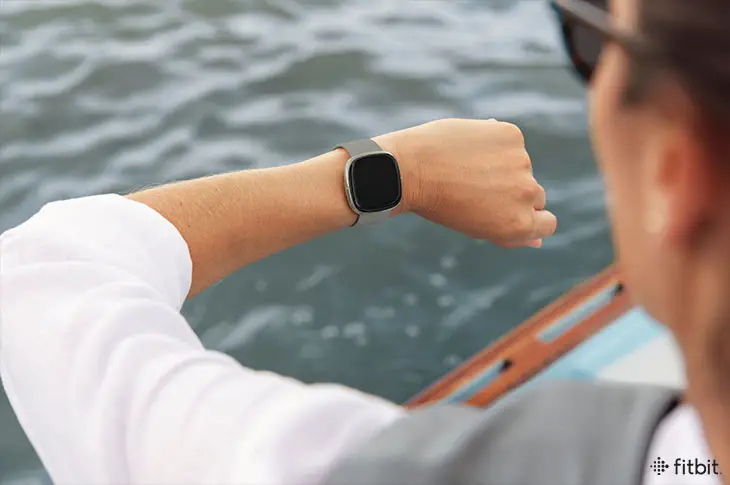

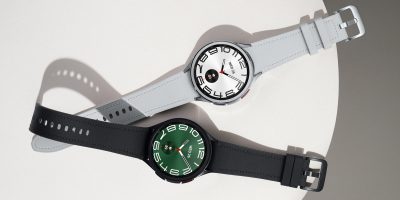
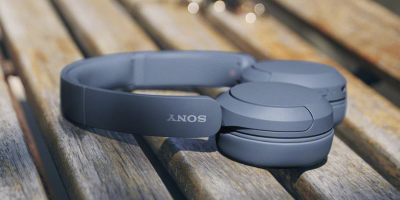
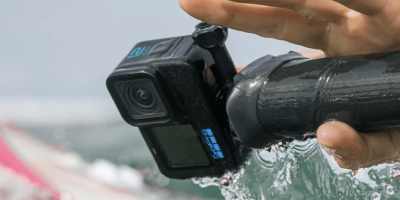




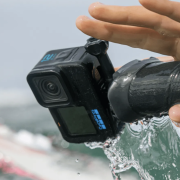

Comments